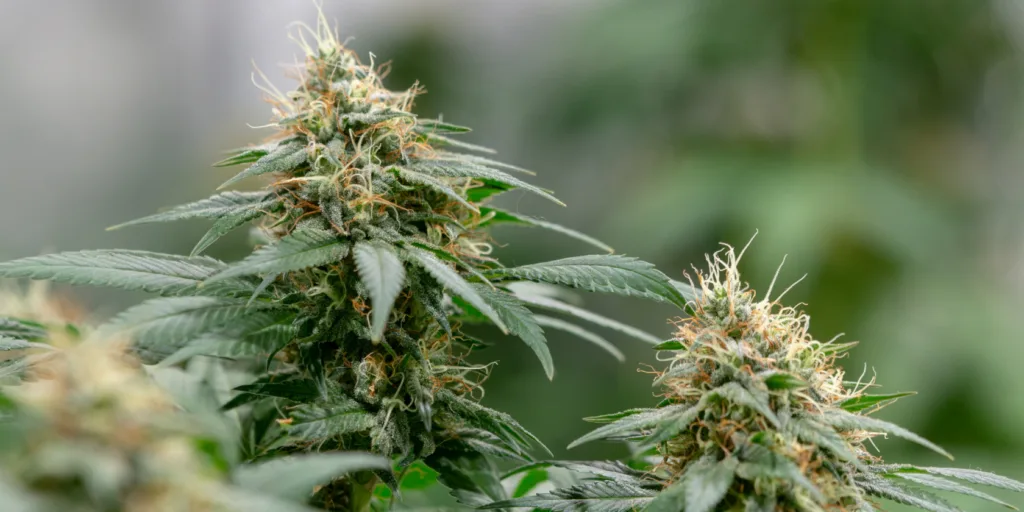Hawaii State Senator Joy San Buenaventura (D) has introduced Senate Resolution 68, urging the U.S. Congress to remove marijuana from the federal Controlled Substances Act.

Filed today, the resolution also calls for federal action to ensure marijuana-related businesses have access to banking services, and it calls on the government to support state-level efforts to expunge cannabis-related offenses.
The measure highlights Hawaii’s existing marijuana policies, including the legalization of medical use in 2000, the establishment of a dispensary system in 2015, and the decriminalization of small possession amounts in 2019. Despite these reforms, thousands of individuals in the state have been arrested for marijuana possession in the past decade, with arrests continuing even after decriminalization. The resolution argues that federal prohibition prevents full economic and legal integration of marijuana into society, leaving businesses and individuals vulnerable to legal and financial obstacles.
Continue reading














